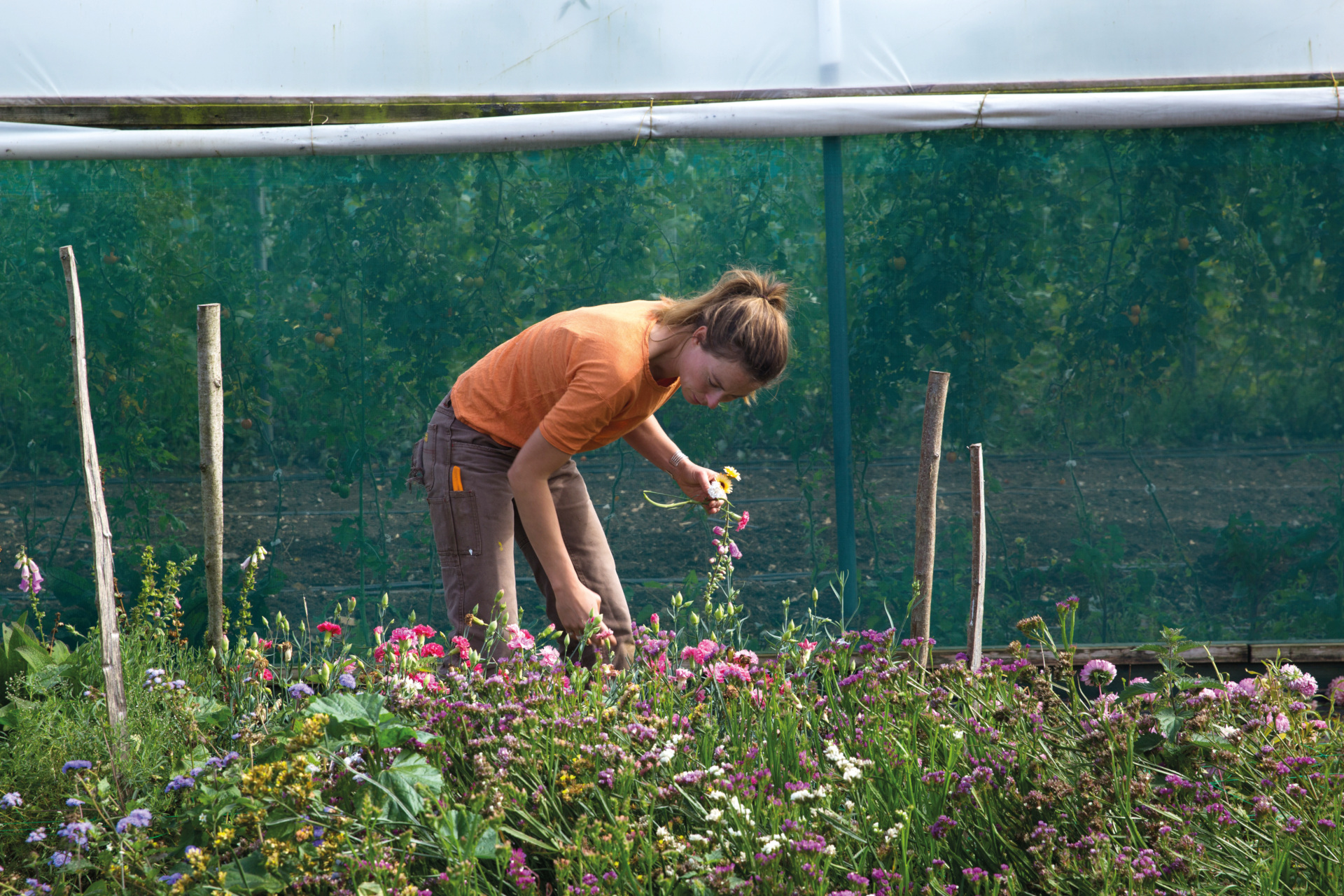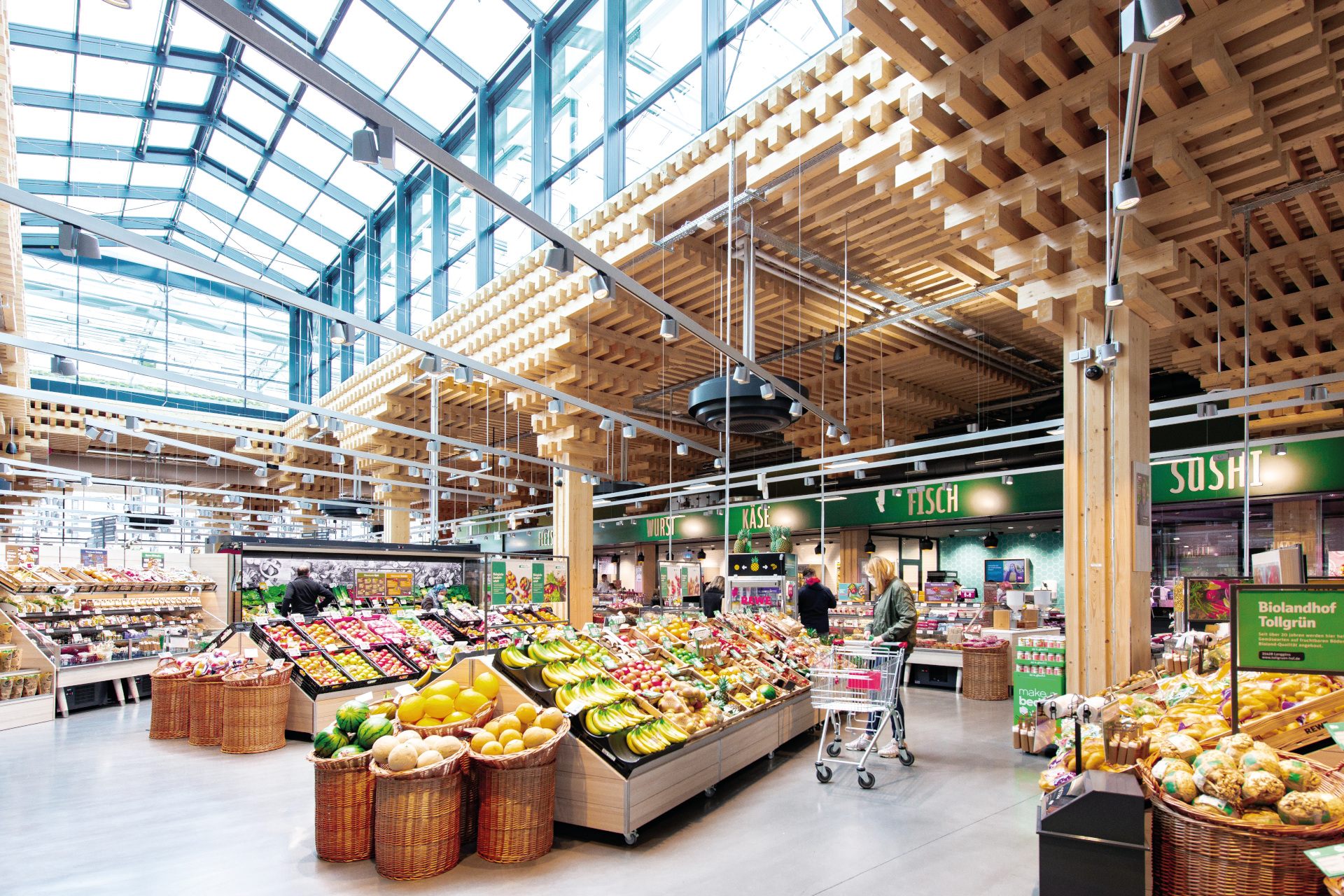Disruption… As A Force For Good
By
3 years ago
Brands must innovate at pace to thrive in our disrupted times

The UK has some of the most pioneering thinkers and disruptors around, bringing new ideas to inspire, empower and make the world a better place, says James Bidwell.
Buy a copy of Great British Brands 2022 here
Disruption… As A Force For Good
We are undoubtedly experiencing some of the most disruptive and difficult times in living memory. To quote Dr Mark Carney, former Governor of the Bank of England, in the first of his Reith Lectures last year: ‘We now live in a world where we face a series of crises – Credit, Covid and Climate.’ We are also seeing huge social and technological changes, all accelerated in our hyper-connected world. Yet I feel there is good reason to be optimistic and for us to embrace disruption as a force for good. In my experience, for those who see and act on the opportunity, disruption can and does give brands a competitive advantage, galvanising teams to innovate and be courageous in their outlook.
The UK is home to some of the most innovative thinkers and disruptors on our planet, all bringing new ideas to inspire and bring about meaningful change. As a country, we’ve long been renowned for our innovation and entrepreneurial spirit. You only have to look at the UK’s leadership in developing the Covid vaccine or back at historical examples, such as when, out of the hardship of World War II, we challenged established thinking on healthcare with the creation of our much-loved and revered NHS. Fast forward to today, UK disruptors and innovators are stealing a march, with investment pouring into so many of our businesses at the intersection of technology and medicine. Even the UK’s traditional banking community is transforming and innovating with the growth and influence of a thriving fintech industry and the new frontier of climate tech is gaining traction daily – as it should.
Innovation is vital for brands to thrive. Gone are the five-year company plans we stuck to religiously and which determined steady, if unremarkable, growth. We now live in an age of shifting strategies, and for those who do not adapt and innovate, there is the ever-present danger of being left behind.
Yet innovation is challenging. I know from experience, working with companies large and small, that innovation is often risky and it demands a great deal to ensure that thinking stays fresh and alive. There is a reason that start-ups, rather than big corporations, are the early adopters and innovators. For bigger, more global brands, there is the inevitable bureaucracy and a greater infrastructure to change; many fail to integrate new, agile thinking. For those who do succeed, the rewards can be huge, as innovation at scale can have massive impact. But for it to work it must be genuinely transformative and have the support of the boardroom.
So, how can we ensure that British brands continue to innovate and thrive at pace? And what can British brands learn from the innovations of tomorrow? As chair and co-founder of the next-generation strategy consultancy Re_Set and the global innovation platform Springwise, I connect daily with the latest innovations, inventors and thought leaders of tomorrow, giving me a unique and encouraging perspective on what the future holds. Each day our innovation spotters publish new ideas from the UK and across the globe and perhaps the most potent impact of this network is seeing what we don’t know, what is new, rather than reinforcing the status quo.

Bristol Cloth is the UK’s first maker of locally grown, sustainable cashmere (Photo: Kasia Kiliszek)
Innovation at pace usually happens with collaboration, with looking beyond our own industry and geography for ideas, to expand our thinking and develop new models and ways of working. As a seafaring and historically connected nation, Great Britain is not only well placed but is more used to leveraging global thinking to drive success.
From a business point of view, large and small brands can learn and adapt from tapping into the smaller, inventive solutions that are being found in sometimes unexpected places.
Take Bristol Cloth, which makes the finest cashmere. Its story is a perfect example of innovation and collaboration at its very best. The UK’s first locally-grown and sustainable cashmere is being developed through a collaboration between three companies – Botanical Inks, a natural dye studio; Bowmont UK, a cashmere farm; and bespoke cloth-maker, Bristol Weaving Mill. With most of the production now taking place within a 15-mile radius, it has reduced its carbon footprint and championed local, heritage, artisan craft.

In Burberry’s Shenzen store in China, they used QR codes on the product to unlock styling tips and exclusive content
Or take one of our great British brands, Burberry, which collaborated successfully with Tencent, one of China’s leading technology companies, to blend the digital and physical worlds of the customer’s shopping experience. It used QR codes on in-store products to connect with shoppers’ digital lives. Once scanned on a smartphone, the code reveals styling tips and unlocks exclusive content, building a more personal and bespoke relationship with the customer, while making shopping with Burberry more relevant, convenient and fun.
One of my favourite British brands is Finisterre, set up over ten years ago by some Cornish surfers who wanted to create functional, sustainable clothing for people who love the sea, and rapidly gaining a loyal following – precisely because innovation is part of its DNA. This is a brand with a conscience, known for seeking out the alternative. Its Finisterre Biosmock, with its regeneratively-farmed insulation layer developed by Yorkshire-based HD® Wool Insulation, received a climate-positive award earlier this year. Innovation and sustainability are creating a highly successful brand for the next generation. Like my businesses, Finisterre is also a B Corp, committed to business as a force for good.

The Finisterre Biosmock is a climate-positive piece of clothing
Restaurants and the food industry have undergone a Covid-induced renaissance. We have all benefited from our favourite restaurants pivoting overnight to offer an online delivery service or even establishing a shop. In a matter of days, forced to diversify, restaurants uprooted themselves from their traditional, physical settings to serve their communities in totally new ways. Restaurant suppliers also had to innovate at speed. Cambridge-based Flourish Produce originally supplied some of the most brilliant restaurant chefs with the freshest seasonal produce and took to delivering directly to consumers. Its business model has now completely transformed – and for the better. Innovation drives growth and builds resilience.
A European food innovation that caught my eye is the result of another collaboration: between British architects Acme and Germany’s second largest supermarket chain, REWE. A beautiful and impressively designed rooftop farm has been created, raising vegetables to sell in the store downstairs. By growing food on site the store both cuts its carbon emissions and reduces its reliance on global supply chains. Not only that, but as they roll out the concept, each store is designed to be an easy-to-build, adaptable, modular system that grows and responds to the store’s needs and changing times. I am sure UK supermarkets, who looked after us so brilliantly during Covid, will be piloting this type of model soon.

A new way to shop – British architect Acme has worked with German supermarket REWE to design a rooftop farm where the produce is sold downstairs (Photo: Jeva Griskjane)
As we navigate these disrupted times, I believe the best leaders are those who adopt an agile and innovative mindset. They scan the horizon across industry and geography to discover ideas that will help them build the businesses of tomorrow. In the midst of all of this is, of course, climate change, and innovation is most certainly the way to create solutions for the biggest crisis of our time. That is a topic for another piece but back to Mark Carney who said recently that the transition economy ‘is the greatest commercial opportunity of our time’.
James’ Top Five Innovations
James Bidwell is Chair and co-founder of next generation strategy consultancy, Re_Set, and the global innovation platform, Springwise, both certified B Corp companies.
Featured image: Flourish Produce (c) Monica R Goya








